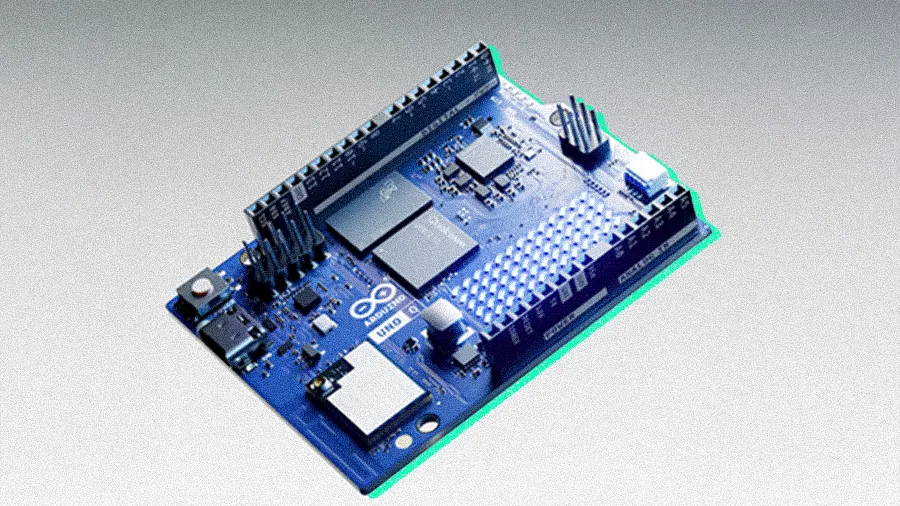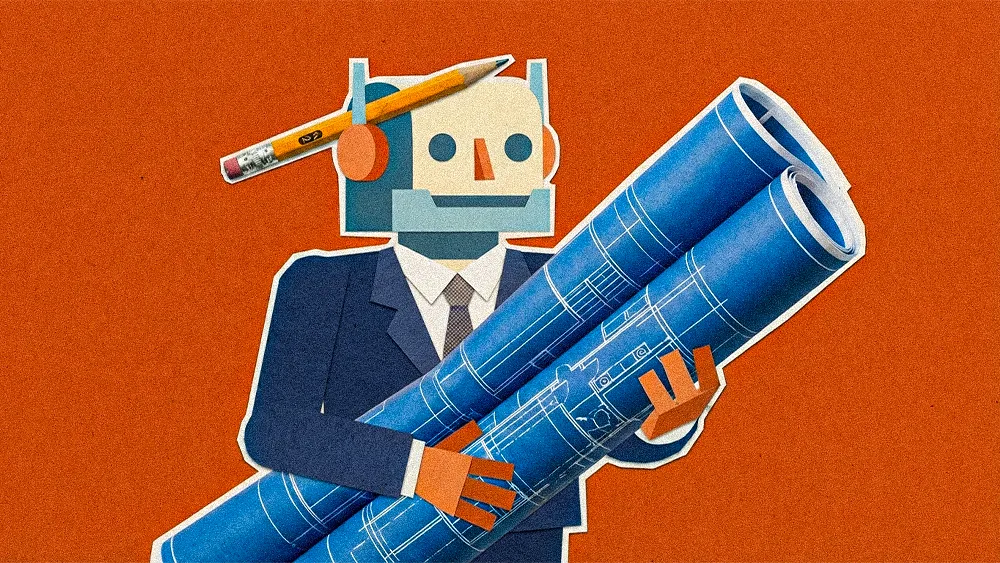Until recently, the cloud was the epicenter of the generative AI boom. For many, its massive data centers provide the computational power to train and operate large language models. But now, a new trend is emerging to shake things up: on-device AI. Instead of replacing the cloud, however, a move to the "edge" offers a new paradigm for delivering performance, protecting privacy, and creating value. By embedding intelligence directly into the devices and chips that power popular tools, AI is becoming faster, more responsive, and more personal every day.
Leading the evolution is Brent Summers, Senior Manager, Marketing at Qualcomm Technologies. A hands-on, AI-first leader, Summers has built a reputation for turning bold ideas into measurable results. From shaping strategy at Segment to advising global brands like Amazon, his experience gives him a rare vantage point on how innovation becomes impact.
"We’re seeing a lot of software shift their AI workloads to the edge," Summers says. The secret lies in specialized hardware like the neural processing unit (NPU), he explains. Designed for low-power, persistent AI, this type of processing is often inefficient on traditional CPU/GPU architectures. For businesses, this opens the door to a new class of applications that can use on-device processing for speed, responsiveness, and privacy.
The edge computing triad: Choosing where to run an AI workload is a strategic decision, Summers says. To explain, he frames it around what he calls the "edge computing triad": privacy, security, and latency. "Whenever latency matters, the edge is usually the better choice. If the data is sensitive or you don’t want it traveling through the cloud, the edge is the right place for it. That is where you can enable not just security but true privacy."
Case in point: At Snapdragon Summit, for instance, Summers recalls how the call-center platform Cresta stood out as a key example. "The immediacy and speed of having that AI run locally on a call is a huge advantage. Cresta enables companies to serve a multilingual customer-base with speed and confidence. Without Cresta, companies are required to staff every language with dedicated call center agents, which is costly and slow. Running Cresta on-device allows for live translation and real-time transcription to create an experience that feels seamless and natural."
As AI workloads migrate to the edge, the organizations behind them are being reshaped, too. For Summers, on-device intelligence exposes a fundamental tension: powerful language models can interpret disorganized data, but they cannot replace the discipline required to manage it responsibly.
Naming conventions: The real challenge often starts with human behavior, he explains. "The people creating the data are you and me. We have little motivation to name files anything other than 'untitled.txt' or 'final_v2.'" It's a small detail that often reveals a larger truth: even as AI systems become more advanced, their accuracy still depends on the quality and consistency of the data people create.
From stamp to strategy: Now, this shift is pushing leaders to see governance as an essential framework for innovation, Summers says. "The promise of AI has put our legal team in an even more strategic advisory role. It's not simply about getting legal to sign off. I see them as true partners in problem-solving." It is a shift that turns governance from a checkpoint into a catalyst for innovation.
Beyond technology and process, the final piece of the puzzle is people. Here, Summers identifies a new competitive divide emerging between organizations that are actively learning and those that are standing still.
But in a field evolving this quickly, waiting for perfect conditions is no longer an option. Now, the real advantage belongs to companies that build momentum by investing in people and developing genuine AI fluency, Summers says. "You’ve just got to get going. Wherever you’re at, you’re probably not perfect, so focus on progress. The people getting their ten thousand hours in right now are becoming experts faster than anyone who’s not practicing."
Ultimately, this shift from cloud to edge, combined with smarter governance and stronger skills, will redefine competition, Summers concludes. "We’ll see companies stand out by offering powerful AI features you don’t have to pay for, because they run on your device, not in the cloud."









